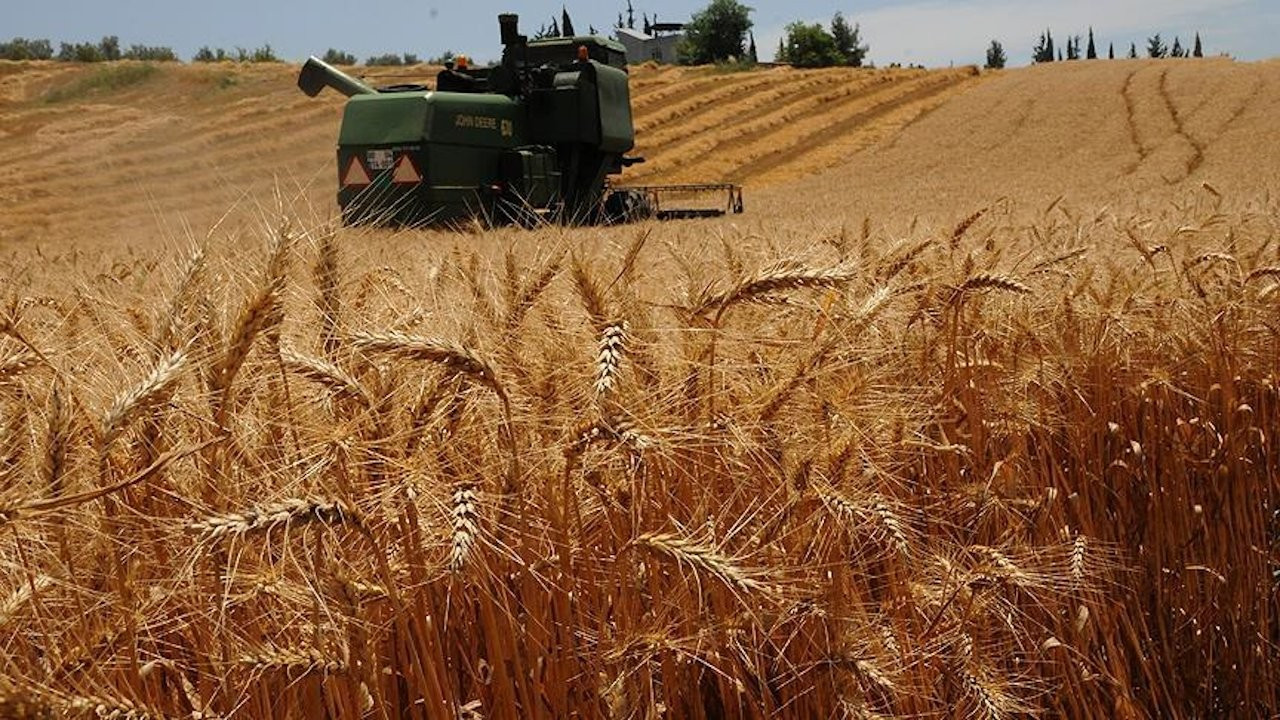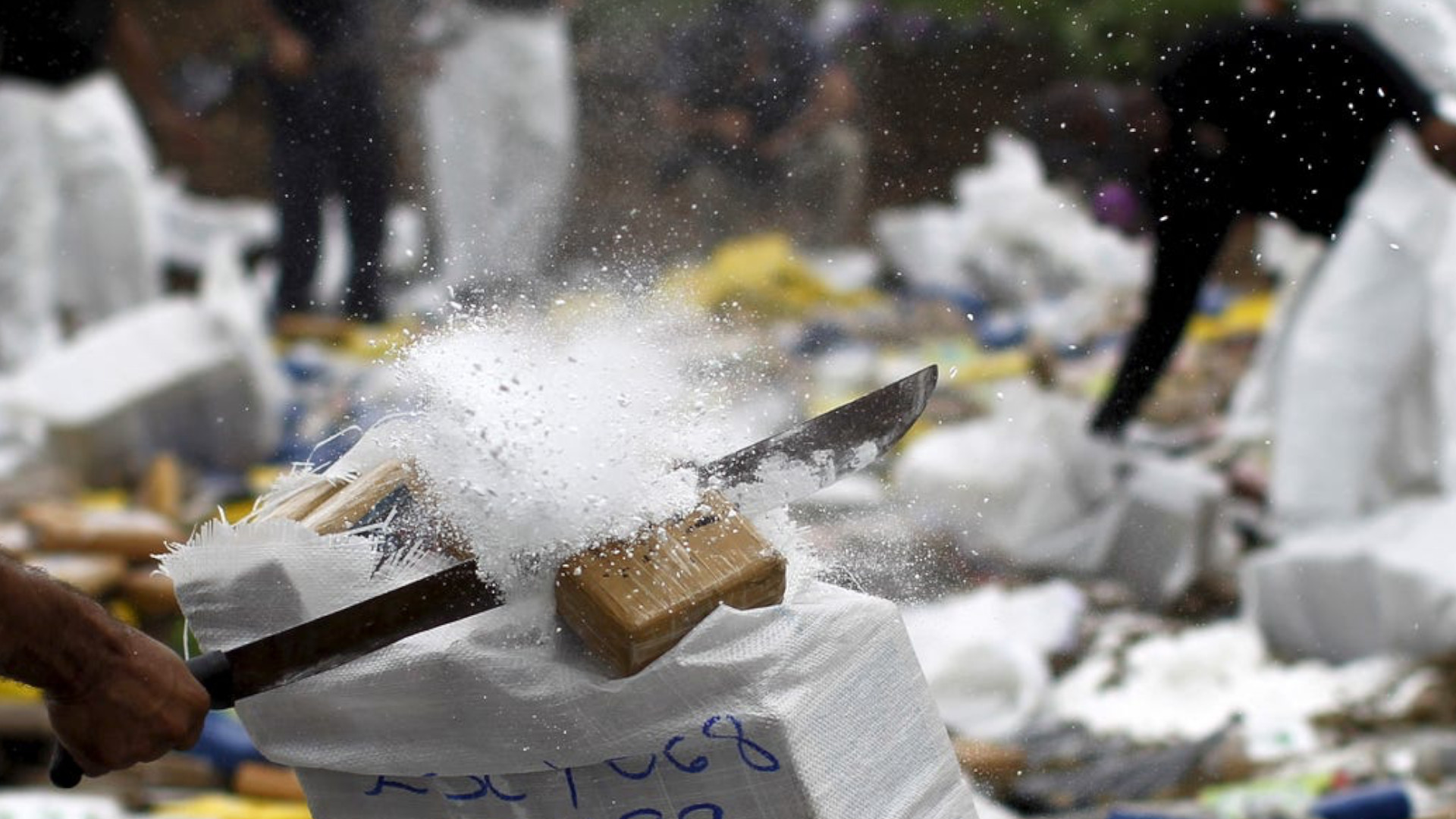Rising cost of raw materials, logistics, and heavy taxes hit Turkish industry hard
Turkish industrial producers try to absorb and deal with rising production costs on their own while looking for government assistance, which has been limited if not nonexistent since the start of the COVID-19 pandemic, leaving many with no choice but to raise their prices, resulting in a drop in sales and profits.
K. Murat Yıldız / Duvar English
Since the start of the pandemic, not only have raw material prices and supply chain pressure risen, but so have container freight rates, which increased up to 5 to 6 times their pre-pandemic levels, according to experts. Those logistics costs are still far above pre-pandemic levels and are causing problems.
Globally, rising raw material and logistics prices have had a significant negative impact on production and business operations. However, in Turkey, in addition to the pandemic, the government's decades of agricultural, financial, and industrial mismanagement have resulted in a record depreciation of the lira, unprecedented levels of food inflation, and decades-old businesses going bankrupt.
Container freight rates up to 10,000 dollars
“At the moment, container freight rates range from 8,000 to 10,000 dollars, depending on the day of request, up from 2,000 to 3,000 dollars. Furthermore, domestic transportation costs have skyrocketed,” Refik Bora, an Istanbul-based customs broker, told Duvar English.
Companies with long-term international contracts, particularly those with fixed prices, face greater challenges, according to experts. As a result, Turkish businesses are dealing not only with global issues arising from the pandemic, but also with the heavy burden of the lira’s dramatic depreciation against foreign currencies, which is still ongoing and has reached new record lows following President Erdoğan's recent statement that he intends to lower interest rates in the near future bring the autonomy of the Turkish Central Bank into question.
Furthermore, the fear of not being able to find the raw materials required for production in Turkey is contributing to price increases as producers attempt to stock as much raw material as possible.
“A few months ago, I was forced to buy large quantities of vegetable oil above real market value in order to sustain my business because everyone in the relevant industries was stockpiling as much as they could,” a food industry entrepreneur told Duvar English.
“This is, in my opinion, one of the most important examples of government mismanagement during the pandemic,” he added, “but the roots of these problems run much deeper.”
Domestic production data bad sign for the future
The domestic producer price index (D-PPI) increased by 38.33 percent compared to the same month the previous year, and by 22.24 percent compared to the twelve-month averages, as intermediate goods increased by 47.76 percent in a year. According to experts such as the Independent Inflation Group (ENAG), all of these increases, as well as Turkey's reliance on imported materials for domestic production ranging from automotive to textile, will result in higher inflation and price hikes in the coming months.
The sharp rise in the prices of imported inputs used in their products is exacerbating difficulties for Turkish businesses in almost every sector during the pandemic, with the lira anchored at record lows.
Many entrepreneurs from different industries have called on the government to consider lowering import duties and assisting in the reduction of transportation and warehousing costs to stabilize domestic production.
12 percent customs tax hurts domestic producers
“We have serious issues with the cost and availability of raw materials like plastic, steel, and iron. We're having trouble keeping our production lines running. As a result, some factories in our industry have switched to 3-4 day work weeks,” Talha Özger, President of the Home and Kitchenware Industrialists and Businesspeople Association (EVSİD), told Duvar English.
“Prices increased by an additional 13 percent after China stopped subsidizing its companies at the same level. Furthermore, we must pay an additional 12 percent tax on our customs when our raw materials arrive in Turkey. We asked the government to suspend this tax during the pandemic to no avail,” Özger said.
“We are a multibillion-dollar exporting industry, with the European Union accounting for 55 percent of our exports, but we can no longer afford to spend money on advertising or Research and Development to expand our market. He went on to say, "We're devoting all our resources to maintaining production and sourcing low-cost raw materials."
Pandemic not the only problem
Aside from pandemic-related issues, Özger mentioned the lira’s depreciation, saying, "We need a predictable foreign exchange rate. A volatile exchange rate makes long-term planning difficult and has a negative impact on us. In our daily calculations, we use the lira, which causes problems in the long run.”
“Any type of government assistance provided to our entrepreneurs will benefit the Turkish economy. Taxing us for raw materials that aren't produced in Turkey is inexcusable. We will perform much better and contribute significantly more to our country's economy if this anomaly is corrected," he concluded.

 Acemoğlu urges Turkish gov't to keep hands off Central BankEconomy
Acemoğlu urges Turkish gov't to keep hands off Central BankEconomy Suicides in Turkey skyrocket amid financial strainHuman Rights
Suicides in Turkey skyrocket amid financial strainHuman Rights Drought and lower harvests to add to Turkey’s rising food inflationEconomy
Drought and lower harvests to add to Turkey’s rising food inflationEconomy Cocaine money threatens democracy, freedoms in TurkeyOpinion
Cocaine money threatens democracy, freedoms in TurkeyOpinion